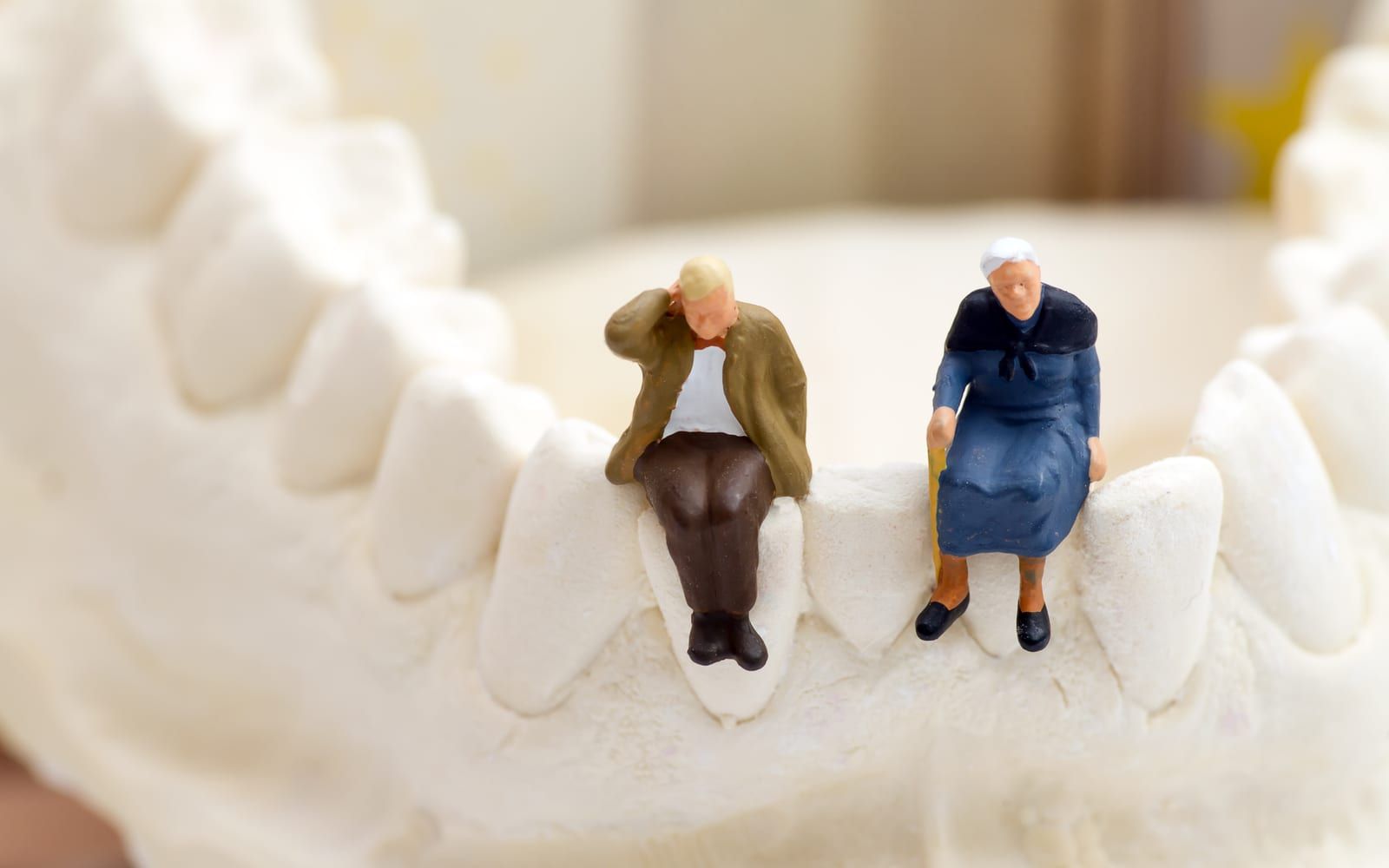The Link Between Oral Hygiene and Alzheimer’s Disease

Alzheimer’s disease doesn’t just affect the elderly – it affects the mothers, fathers, daughters, and sons of that family member. It is a traumatic and sorrowful condition that impacts the lives of everyone. Alzheimer’s disease, a neurodegenerative disorder that attacks memory, behavior, and cognition, is considered the sixth cause of death in the United States. The gradual decline of brain function often results in other health issues, including basic oral care such as brushing and flossing. Losing the ability to care for your teeth is only a symptom of this condition, as a lack of memory can create damaging cycles of physical and mental damage. However, some researchers have looked into the connection between Alzheimer’s and declining oral health and found some fascinating results.
How Alzheimer’s Disease Impacts Oral Care
Maintaining your oral health is highly dependent on the patient, as brushing and flossing twice a day often helps prevent serious oral health issues. But for those with Alzheimer’s, that ability gets hindered by poor cognition and increased lack of memory. Because Alzheimer’s greatly impacts how people remember events, people, and their everyday surroundings, this often results in a lack of self-care. As memory decreases, so make everyday habits such as cooking, cleaning, and basic body care. Oral hygiene is often included in that list, and when its neglected, various conditions have a higher chance of increasing, including:
- Cavities: Often the most common occurrence with poor oral hygiene, people with Alzheimer’s become more susceptible to cavities throughout their teeth as plaque and tartar develop along the tooth’s enamel and gum line.
- Gum Disease: Gum disease can develop into advanced periodontal disease, which causes the gums to recede and bleed severely, spreading the infection throughout the bloodstream, increasing the likelihood of heart disease and diabetes. For those with Alzheimer’s, declining oral health can heavily impact their ability to heal from this disease.
- Tooth Loss: Quintessentially, due to a poor foundation with the teeth, gums, and jawbone, the teeth can eventually fall out, which those with Alzheimer’s are more susceptible to as they age.
- Chronic bad breath: Chronic bad breath resulting from the development of harmful bacteria can create an unhealthy situation for Alzheimer patients and make their overall living situation intolerable.
- Tooth Sensitivity: With a lack of oral care, their teeth may become more sensitive to hot and cold temperatures and even sugary items, causing the nerves throughout the pulp to shoot rapid pain signals
How Dentists and Researchers Can Help
Studies conducted from the International Journal of Environmental Research and Public Health looked into how Alzheimer’s impacts a person’s health and found that it heavily impacts the body’s ability to protect itself from various diseases, making the effects of aging even more prominent. Thus, this leads to more vulnerability to diseases such as gum disease and cavities.
For dentists working with patients with Alzheimer’s, it requires a deeper sense of compassion for these people, and their quality of care needed to be improved for them to receive the treatments they need.
